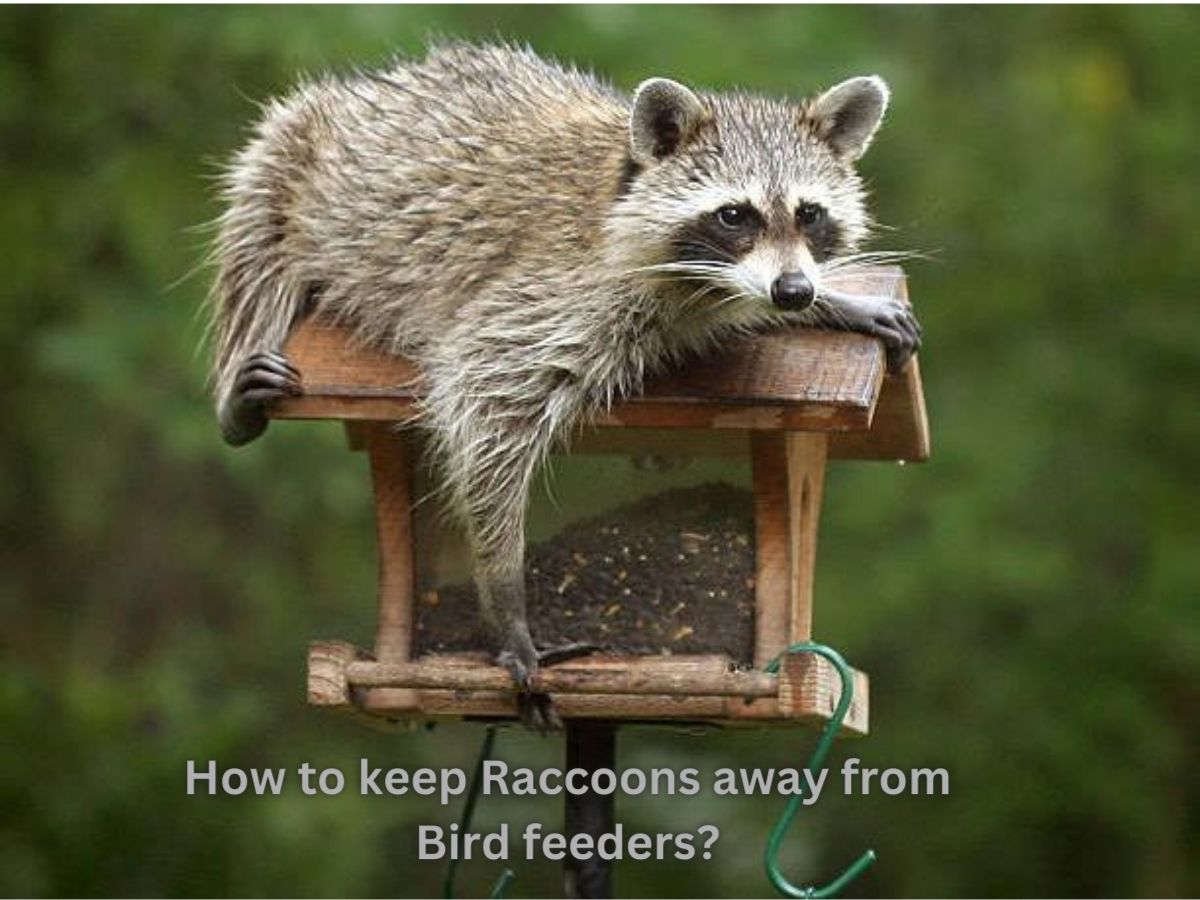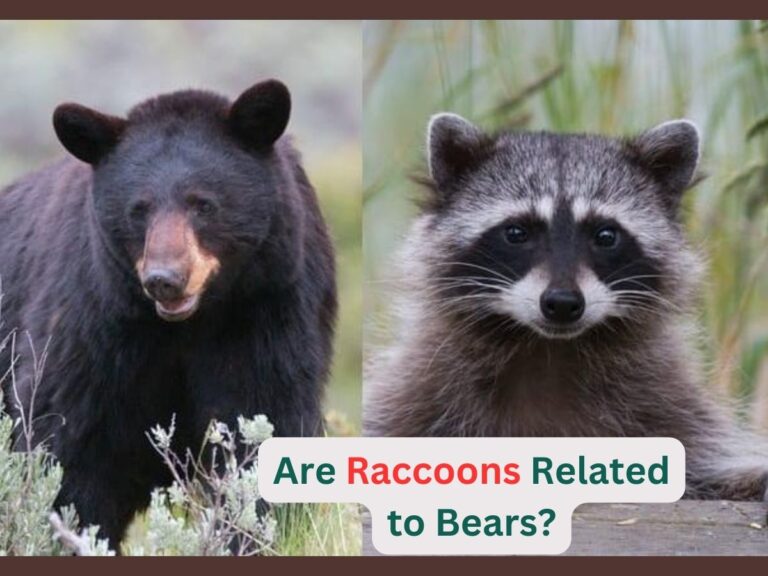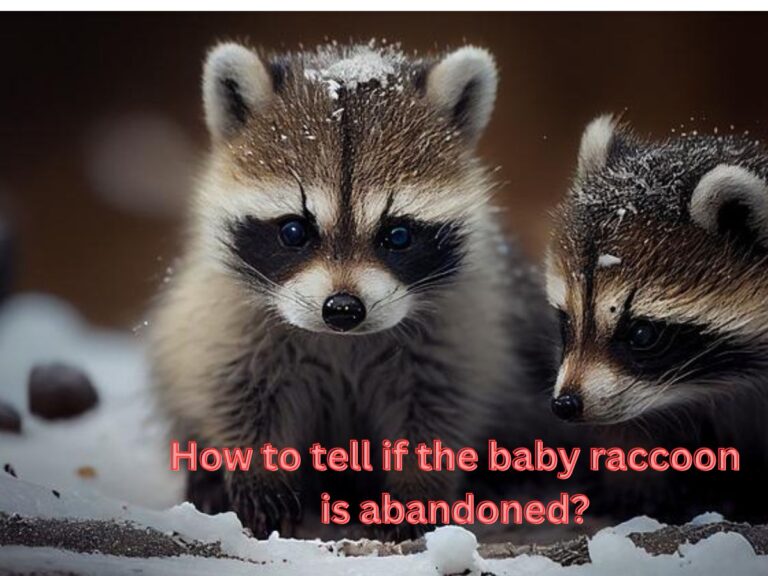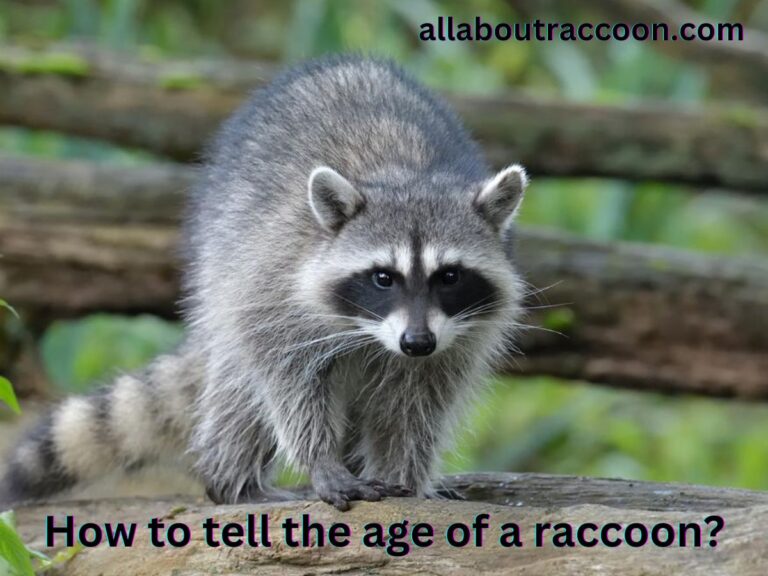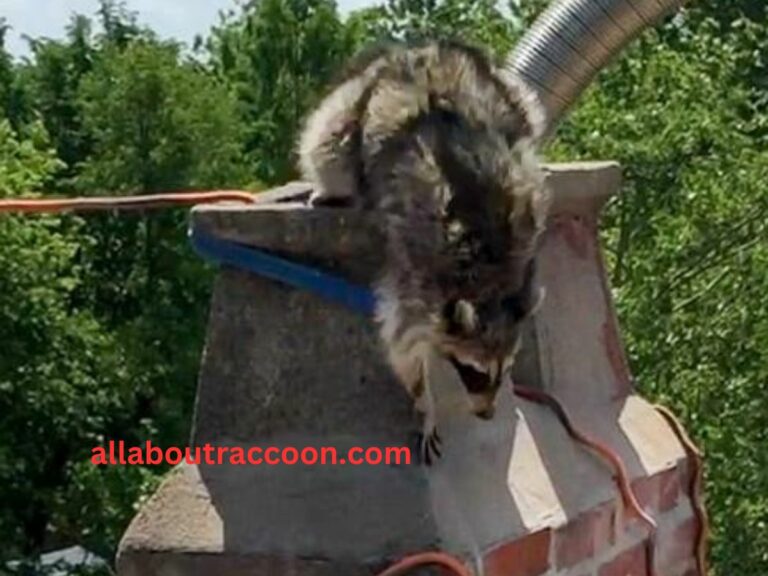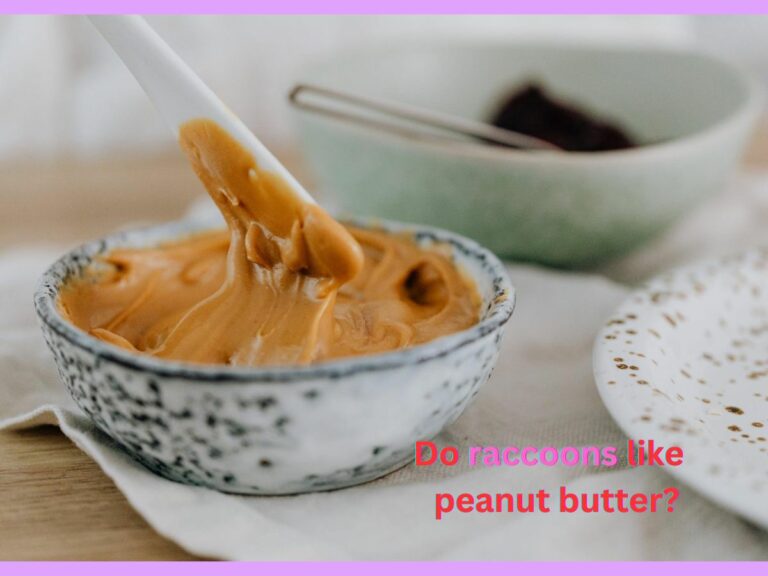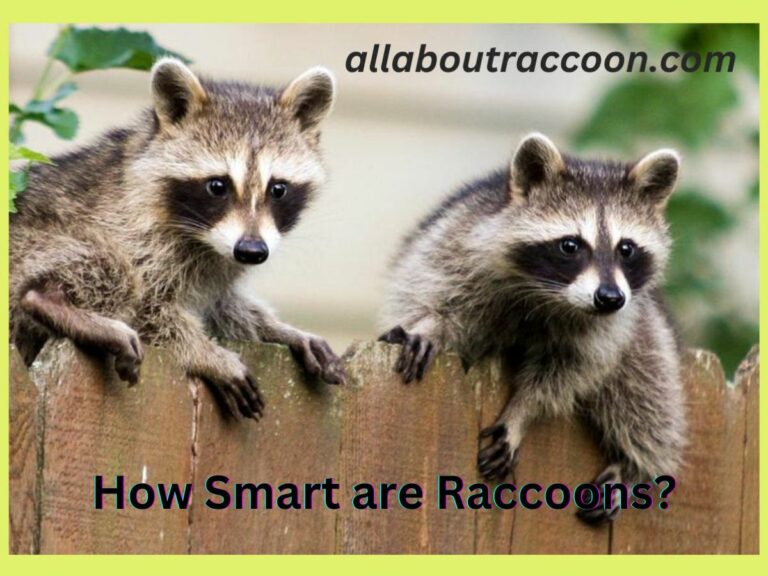How to keep Raccoons away from Bird Feeders?-10 effective steps!
Have you ever woken up to see your bird feeders messed up, with seeds scattered around, and bird food stolen by sneaky night creatures? If you’re frustrated by this, you’re not alone. Raccoons are known for getting into bird feeders and making them into a big meal for themselves. It is an intriguing question; How to keep raccoons away from bird feeders?
But don’t worry! Here is a full guide to keeping raccoons away from bird feeders. In this guide, we’ll look at ways to stop raccoons from bothering your bird feeders. This will help your feathered friends eat peacefully without any problems. So, let’s read it carefully!
What are bird feeders?
Bird feeders are like special food stations for wild birds in places like gardens, yards, and parks. People who really like birds or have homes use them to give birds extra food when they can’t find enough. These bird feeders can look different and come in all sizes, but they all do one important thing: give food to birds. Bird feeders are created for convenient refilling, ensuring a continuous supply of food for birds. The types of food and where you place the feeder can attract various bird species to your outdoor space.
Key components of a typical bird feeder:
Seed Reservoir: This is the main chamber where bird food is stored. Bird feeders can be filled with a variety of birdseed types, such as sunflower seeds, millet, cracked corn, or specialty blends designed to attract specific bird species.
Feeding Ports: These are openings in the feeder where birds can access the food. The design of these ports can vary. Some feeders have small perches or trays for birds to stand on while they eat.
Roof or Shelter: Many bird feeders have a roof or shelter to protect the food from rain and snow. This helps keep the food dry and prevents it from spoiling.
Hanging Mechanism: Bird feeders are typically designed to be hung from tree branches, hooks, or other supports. Some bird feeders also have poles for mounting.
Do raccoons eat bird food?🐦🌿
Yes, raccoons eat a variety of food including bird food. They are opportunistic eaters and eat whatever is easily available to them. Raccoons are clever and they can figure out how to access bird feeders to get to the seeds or other bird foods.
indeed, bird food is tasty for birds because it contains seeds, nuts, and grains. Interestingly, Raccoons are excellent climbers, so they can easily reach bird feeders to eat bird food.
Raccoons are nocturnal mammals, which means they typically visit your feeders during nighttime. So, raccoons like to eat bird food. Therefore you can take steps to keep raccoons away from bird feeders.
How to keep raccoons away from bird feeders?
Keeping raccoons away from your bird feeders requires careful planning and implementation of various strategies. Ensure the safety and enjoyment of your feathered friends. In this comprehensive guide, I’ll explore the important steps to keep your feather friends from the attack of raccoons. However, there are several steps you can take to deter them:
1. Remove Access:
Raccoons are excellent climbers and can easily reach poles and trees to reach bird feeders. Position your bird feeders in a spot that’s difficult for raccoons to approach. Remember to consider the height and use baffles as mentioned below:
- Height: You must hang feeders at least 6-8 feet above the ground and at least 10 feet away from any structures or trees that raccoons could use to jump onto the feeder.
- Baffle: Install a raccoon baffle on the pole or hanging system. Baffle is a protective shield for bird feeders. It is designed to make it difficult for raccoons to climb up to the feeder.
2. Use Squirrel-Proof Feeders:
You may use squirrel-proof bird feeders. Many bird feeders are designed to be squirrel-proof, and these often serve as effective deterrents for raccoons too. These feeders have mechanisms that stop larger animals like raccoons from getting to the seed.
3. Choose Bird Seed Wisely:
Raccoons like to eat spilled birdseed. If they see scattered birdseed, they will try to eat it. So, you should choose birdseed blends that create less mess. Consequently, you can also use a tray or platform feeder to catch fallen seeds. Additionally, clean up any spilled seeds regularly.
4. Scheduled Feeding Times:
You can set up a timer to release birdseed only during the daytime. Raccoons usually come out at night, so this helps prevent them from getting to the food. It’s an easy way to make sure the birds can eat without raccoons bothering them when raccoons are awake at night.
5. Motion-Activated Lights and Alarms:
Raccoons are shy and dislike bright lights and loud noises. So, you can put motion-activated lights or alarms close to your bird feeders. When raccoons come near, these lights or alarms will startle them. Thus, these lights keep the birds safe and allow them to eat without raccoon interruptions, especially at night.

6. Enclose Feeders:
You can enclose your bird feeders within a raccoon-proof cage or mesh. This prevents raccoons from reaching the feeder while still allowing birds to access the food. It’s an effective step to keep raccoons away from bird feeders.
7. Remove Other Food Sources:
Raccoons are opportunistic feeders. It means they can eat both plants and animals. Pet food or unsecured trash can attract the raccoons to your property. Ensure that you don’t leave other food sources in your yard.
8. Use Natural Deterrents:
Some natural deterrents are very helpful in deterring raccoons. Thus, placing mothballs or ammonia-soaked rags near the feeders can deter the raccoons. However, be cautious when using these, as they can be harmful to other wildlife species.
9. Frequent Cleaning:
Make it a habit to regularly clean your bird feeders and the space around them. This helps remove any dropped seeds that attract raccoons. By doing this, you create a less captivating environment for raccoons. Plus, it keeps the feeding area neat and healthy for the birds.
10. Electric Fencing:
If raccoons won’t give up, you might think about putting up an electric fence around your bird feeding spot. This can keep them away from bird feeders. But it’s important to be careful and follow safety rules when using it.
Keep in mind that raccoons are clever animals, so you might have to use a mix of these methods to keep them from your bird feeders. And remember, it’s essential to stay patient and keep trying to keep raccoons away while making sure the birds feel safe and welcome.
Conclusion:
In conclusion “How to keep raccoons away from bird feeders?” is strategic. Raccoons are opportunistic eaters having an omnivorous mode of nutrition. It means they have a wide range of food including plants and animals. Thus, they can also eat bird foods. It’s a big issue that raccoons access to bird feeders and eat bird seeds. So, In this aspect, I have shared some effective and important steps to keeping raccoons away from bird feeders.
Keep in mind that raccoons are clever animals, so you might have to use a mix of these methods to keep them from your bird feeders. And remember, it’s essential to stay patient and keep trying to keep raccoons away while making sure the birds feel safe and welcome.
FAQs:
You can use certain strong-smelling substances that raccoons dislike to keep them away. These include raw garlic, onions, and chili pepper. Simply mix them in bowls and place them around your home to deter raccoons.
To make a raccoon baffle for a bird feeder:
1. Get a large, smooth piece of plastic or metal.
2. Cut a hole in the center for the feeder pole.
3. Smooth the edges.
4. Slide it onto the pole above the feeder.
5. Make sure it’s high enough to keep raccoons away.
Raccoons hate some smells. They have a strong sense of smell, so using overpowering scents like black pepper, peppermint oil, garlic, vinegar, and ammonia can effectively deter them from your property.
Solar lights can make raccoons cautious, but they may get used to them. To help deter raccoons, use motion sensor solar lights and combine them with other methods like securing trash cans and using repellents.
Yes, raccoons are seen as pests in cities and suburbs because they can cause problems like digging through trash and damaging property.

